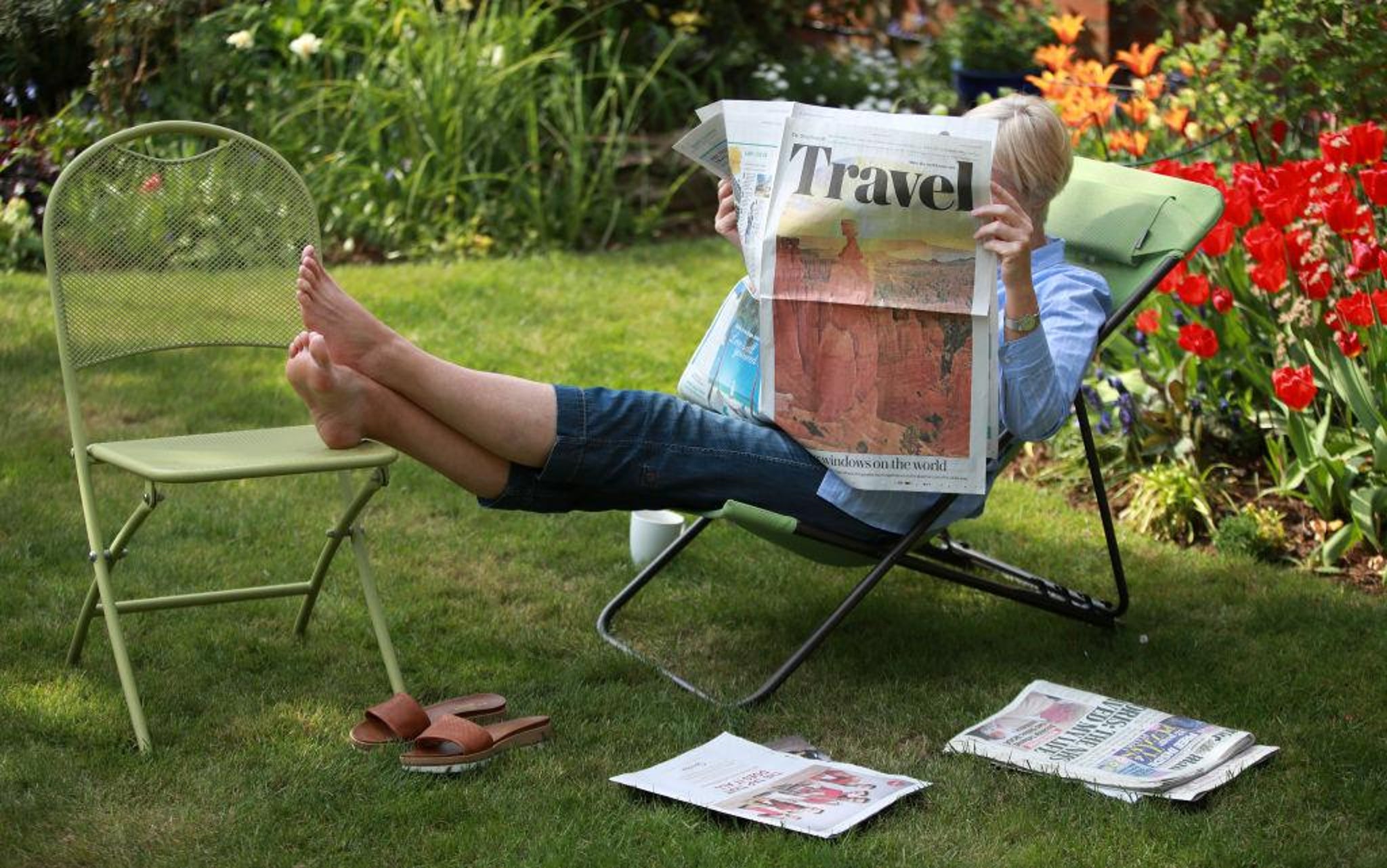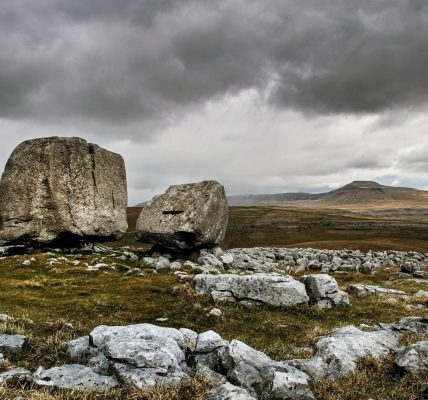When can I travel in England? Date restrictions for UK and international travel could be lifted after lockdown
When can I travel in England? Date restrictions for UK and international travel could be lifted after lockdown
The Health Secretary has insisted he booked his holiday to Cornwall ‘ages ago’, as he declined to say whether people would be allowed to go on trips this summer
Today (22 February) saw Prime Minister Boris Johnson’s first indication of when England’s third lockdown will end.
With Scotland’s First Minister Nicola Sturgeon also giving an update on her nation’s restrictions this week, it seems the end may be in sight.
And as summer rolls nearer, many are wondering, “When will I be able to get away?”
It could be more of a “staycation” this summer, so when can you expect to be travelling within the UK again?
Read More
Can I book a staycation for summer? Rules for booking holidays in the UK – and y…
Here is everything you need to know.
Following Johnson’s roadmap announcement, travel within England could be permitted by 12 April.
At least five weeks after step one and no earlier than 12 April, non-essential retail, personal care premises – such as hairdressers and nail salons – libraries and museums will be permitted to reopen.
As part of the second stage of the Prime Minister’s roadmap, self-contained accommodation, such as campsites and holiday lets, where indoor facilities are not shared with other households, will also be able to reopen for overnight stays by households only.
Regardless of what the Government has announced in relation to travel, will it actually be safe to do so?
Over the last year, restrictions and rules designed to curb the spread of coronavirus have often been at odds with the scientific consensus, so what are the experts saying about travel this year?
Dr Susan Hopkins, Covid-19 strategic response director at Public Health England, suggested that people “drop their guard” on holiday and “that may be one of the areas where spread of infection can occur”.
Asked if this summer would be more restricted than last year, she told Sky News: “Some of the weeks last year there was really, really low amounts of infection, less than two in 10,000 people were infected at one point in the summer.
“But it started to increase, and I think one of the things that we have learnt is that when people go on holidays, perhaps they drop their guard a bit, perhaps they mingle a bit closer, and they mingle in groups, and that may be one of the areas where spread of infection can occur.
Meanwhile, MPs were recently told that there has “never” been a Covid-19 outbreak linked to a beach.
Images of crowded beaches across the UK drew outrage as people flocked to Britain’s beaches last summer, but Professor Mark Woolhouse, professor of infectious disease epidemiology at the University of Edinburgh, told the Science and Technology Committee, “there’s never been a Covid-19 outbreak linked to a beach ever anywhere in the world to the best of my knowledge.”
Psychologist Dr James Rubin, a member of the Government’s Sage, told the committee: “The messaging around holidays is going to be a complex one. I think what’s really needed is simply clearer guidance as to what expectations are and aren’t.
“People need to have their expectations set a little bit clearer as to what they can expect in the future around that,” he added.
One idea that has regularly been floated in recent weeks is that of vaccine passports, a kind of identification that a person has received a vaccine for Covid-19, and therefore less likely to contribute to its spread.
In theory, they could allow vaccinated members of the public to return to normality quicker than those who have not yet had the jabs, though concerns around privacy and disparities in access to vaccines mean they are a controversial topic.
The Government has repeatedly insisted that there are no plans to introduce vaccine passports for activities like going to the pub, or going on holidays.
Professor Melinda Mills, director of the Leverhulme Centre for Demographic Science at the University of Oxford, said: “The intended use will have significant implications across a wide range of legal and ethical issues that need to be fully explored and could inadvertently discriminate or exacerbate existing inequalities.
“There is a risk that they could unjustly discriminate in hiring, attending events, insurance companies housing applications – you can think of many examples.
“And there are also additional concerns about whether the vaccine data – the vaccination data – could be linked for unintended reasons, such as immigration authorities,” she added.
It still hasn’t been confirmed whether foreign holidays will be able to go ahead in the spring or summer, however Boris Johnson will make another announcement about this on 12 April.










